Must meet requirements
- At least one analog input channel, ±12V-ish
- At least one digital input for triggering, configurable via software
- At least one digital output, configurable via software
- Low power usage
- Wide input supply range (3.3V-12V?)
- Reliable time source for data acquisition (low jitter, high accuracy)
- Web-based user interface for configuration of settings such as:
- ADC Gain
- ADC Sample rate (continuous, triggered on input, etc.)
- Digital I/O (logging/output/triggering)
Stretch Goals
- At least one analog output channel
- Onboard storage for datalogging
- Serial port with web interface (RS232 TTL)
- "Bus sniffer" for SPI/I2C
- Battery power option
Potential issues
- How do we make it as small/cheap as possible?
- Pre-soldered ESP modules must be weighed against raw chips as an option
- Power the multi-tool from the device under test
- Small pitch connector for test probes
- Is input protection critically essential?
- If the device is cheap enough, can we skimp on input protection?
- What are the safety ramifications?
- The multi-tool is not designed with high voltage measurements in mind
Typical usage case
- I need to measure and record the input and output voltage of a circuit I've built, but a typical datalogging setup isn't suitable. Maybe I'm in the back of the shop, rather than at my bench. Maybe I'm not near my datalogging computer? I can connect an ESP8266 multi-tool, and do my datalogging wherever it suits me best.
- I need to measure and record a few choice signals on a piece of equipment that a customer is having intermittent issues with. I can install an ESP8266 multi-tool, configure it to record, and come back tomorrow to download and analyze my data.
- I need to record a voltage, while simulating an input signal, and I want them to be synchronized. An ESP8266 multi-tool allows me to do just that, with its analog input recording and digital output pins.
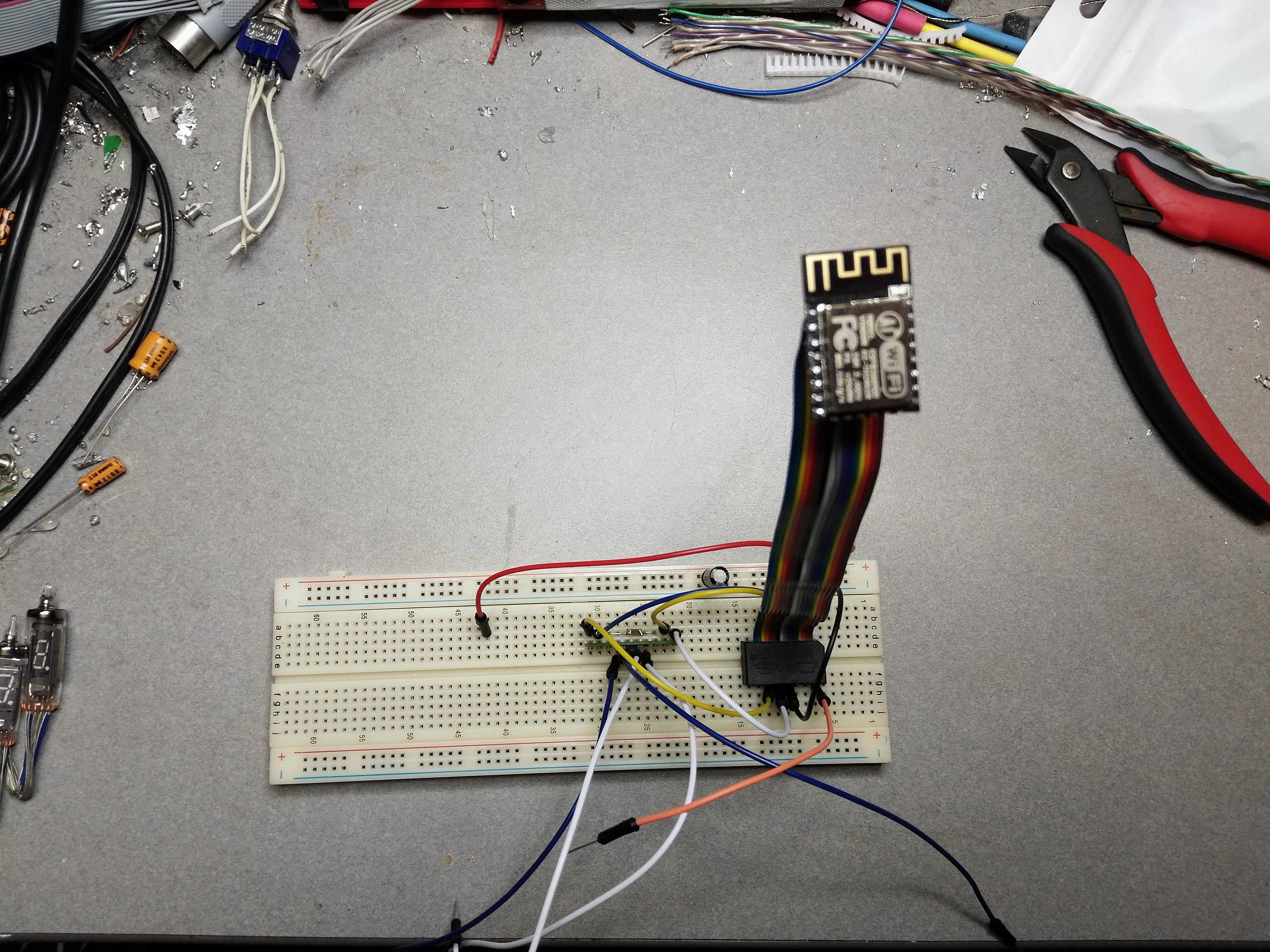
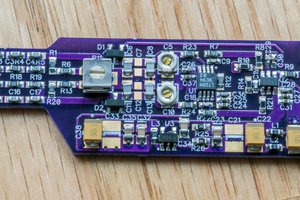
 Bud Bennett
Bud Bennett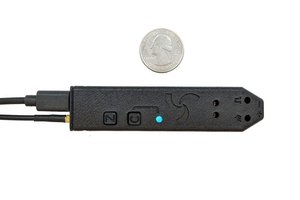
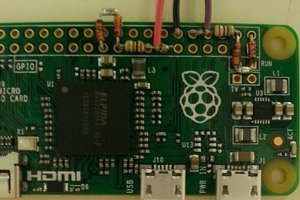
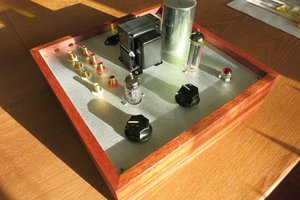
 Timothy Cose
Timothy Cose
I really liked this one for my project like https://croxyproxy.site/ CroxyProxy